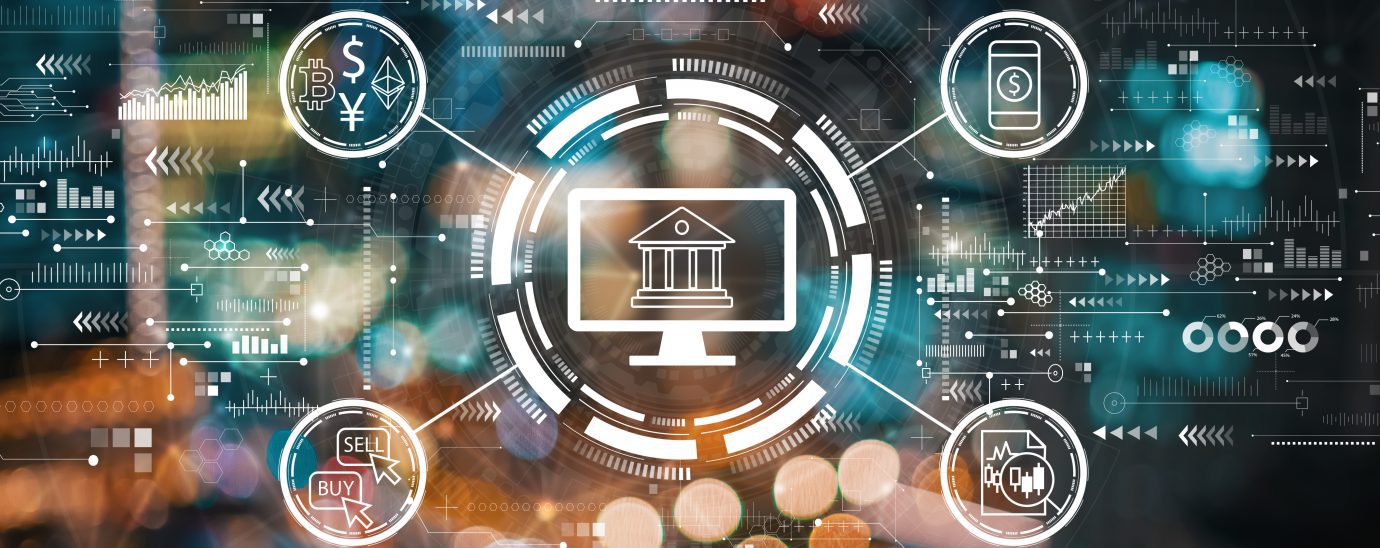How fintech is changing the way we interact with our finances

Philipp Buschmann, Co-Founder, and CEO at AAZZUR informs us of the latest in Fintech personalization.
A lot has changed in the last decade, the focus previously has always been on transforming banking. Led by the challenger banks, customer experience became priority number one. This left the traditional banks frantically trying to catch up, update their infrastructure and meet the needs of a customer base who expected a certain experience and were now willing to move to find it.
Organizations learned quickly, however, that customer experience isn’t just about appearances, and an example of this is RBS’s failed Bó project. Their tech stack was plagued with problems and their team spent the first three months of post-launch fixing bugs. The rush to go live meant the back-end was not finessed enough to give customers the experience that challengers like Monzo and Starling could, however, a few traditional banks have risen to the challenge.
The importance of a customer experience that genuinely solves problems is now a major priority for all in finance. Now fintech’s focussing on solving the next big problem: personalization, in doing so, businesses are reimagining what banking is.
In every area of our lives, we create a digital persona based on the choices we make, the data we enter, and the virtual footprints we leave, look at Netflix and Google accounts for example. Consumers receive highly personalized experiences on these platforms.
Many do not realize; they are also creating one whenever they use a credit and debit card. Yet despite streams of spending data, that experience is broadly the same for all customers with the same account.
AAZZUR has concentrated on how to use this data to offer customers ecosystems of financial services they genuinely want. Working with companies to create hyper-personalized customer experiences, consisting of financial add-ons that are offered to customers right at the point of need. Everything from specific insurance types to wealth management, travel money to carbon offsetting. All triggered by certain transactions and spending patterns.
This sort of hyper-personalization is getting a lot of coverage presently and a recent Deloitte report suggests banks that “deliver true end-to-end hyper-personalized products and services will create a significant advantage over their competitors.” Due to this, ecosystems are exploding across the sector, and to create them, companies have been made to collaborate and create program integration. This means former competitors are now becoming colleagues.
Via APIs, providers of all sorts of financial services can integrate their systems. Single service providers are falling behind as customers begin to expect a multitude of services from one provider. For challenger banks, where only 5% worldwide have broken even, this is great news as it’s genuinely profitable.
Starling, the largest consistently profitable challenger bank, is a prime example of how successful this model can be. It simultaneously offers its payment rails to companies like Raisin and MasterCard while providing its customer’s personalized services from companies like Wealthify and PensionBee.
It isn’t just banks that can do this, in fact, interacting with our finances solely through our banks will start to feel quite archaic. That’s because now almost every online retailer with a digital presence can offer these services too. This, known as embedded finance, and is something potential clients need explaining about often. It simply means the embedding of financial products into non-financial businesses. Take Klarna for example.
Read More:
- AI and the Human Touch
- Looking Ahead: 2022 FinTech Predictions and Reflections
- The importance and growth of banking ecosystems
- Full steam ahead for fintech, but what does this growth mean for the payments sector?
The possibilities go far beyond just short-term, point-of-sale loans. It’s now about offering customers an entire ecosystem of financial services exactly when they need them. It’s no surprise embedded finance could be worth 6.3 tn€ over the next decade.
This is the starkest example of how tech has reimagined banking. Banking is no longer just for banks. The traditional rules simply don’t apply anymore.
Click here to discover more of our podcasts
For more news from Top Business Tech, don’t forget to subscribe to our daily bulletin!

